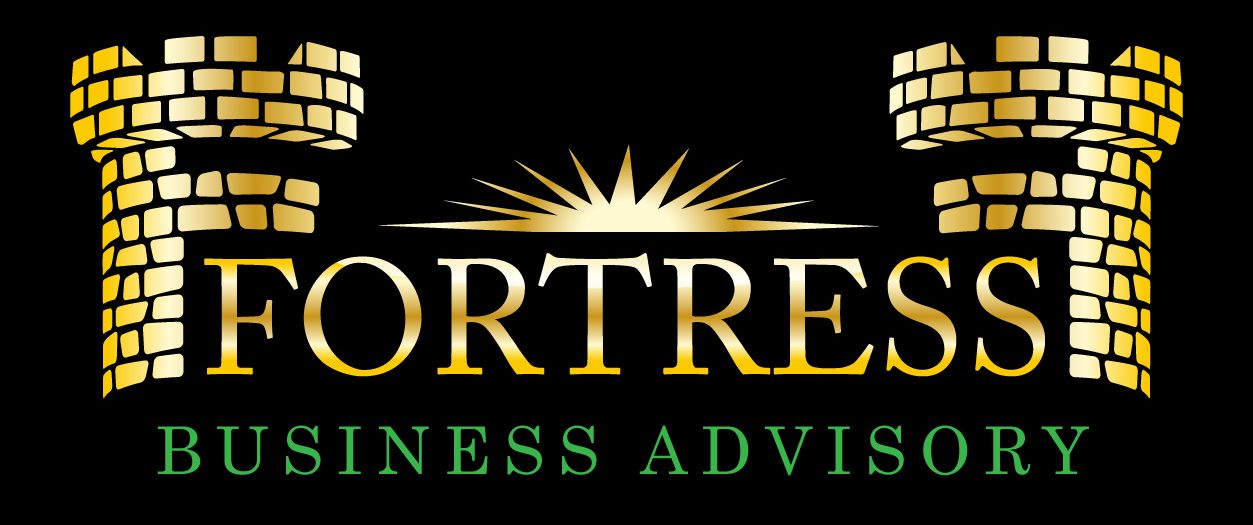Unlocking Your Business’s True Worth: A Guide to Getting a Valuation Done
Understanding the value of your business is essential for making informed decisions about its future, whether you’re seeking investment, planning for growth, or considering a sale. However, determining an accurate valuation can be a complex and nuanced process. In this blog post, we’ll explore the importance of getting a valuation done for your business, the key factors that influence valuation, and the steps involved in the valuation process.
Why Get a Valuation Done?
Getting a valuation done for your business offers several benefits:
Informed Decision-Making: A comprehensive valuation provides valuable insights into your business’s financial health, market position, and growth potential, empowering you to make informed decisions about its future direction.
Attracting Investment: Investors and lenders often require a clear understanding of a company’s value before committing capital. A professional valuation can enhance your credibility and attract potential investors by demonstrating the strength and potential of your business.
Strategic Planning: Understanding your business’s value can inform strategic planning efforts, such as expansion initiatives, succession planning, or mergers and acquisitions. It provides a benchmark for setting goals and evaluating performance over time. Stay ahead of the buying curve.
Maximizing Value: By identifying areas of strength and opportunities for improvement, a valuation can help you maximize your business’s value and position it for long-term growth and profitability. Building multiples will provide the profitability needed to reach financial independence.
Factors Influencing Business Valuation:
Several factors influence the valuation of a business, including:
Financial Performance: Revenue, profitability, cash flow, and growth prospects are key indicators of a company’s financial health and value. Is your business healthy? When was the last time your business had X-rays?
Market Conditions: Economic trends, industry dynamics, and market demand can impact a business’s valuation, as can factors such as competition and regulatory environment. Would you benefit from knowing as much as possible about the market BEFORE selling your business? Understanding this information is key to avoiding major pitfalls.
Assets and Liabilities: Tangible assets, intellectual property, inventory, and liabilities all play a role in determining a business’s value. Don’t forget about the intangible assets that can deliver value too!
Management Team: The experience, expertise, and track record of the management team can influence investor confidence and perception of value. Ensuring you keep those key personnel is vital to your growth and success. Do they have incentive to stay?
Growth Potential: Future growth prospects, market opportunities, and scalability are important considerations in assessing a business’s value. Are you working with a growth coach to enhance your finances, operations, sales and marketing?
Steps in the Valuation Process:
The valuation process typically involves the following steps:
Gather Financial Information: Collect and organize financial statements, tax returns, cash flow statements, and other relevant documents detailing the company’s financial performance. Know the owner’s compensation from all aspects not just a paycheck.
Select Valuation Methodology: Choose the appropriate valuation method based on the nature of your business, industry standards, and specific circumstances. Common valuation methods include the income approach, market approach, and asset-based approach. A valuation does not need to break the bank.
Perform Valuation Analysis: Apply the chosen valuation methodology to analyze financial data, assess market comparables, and calculate the business’s value. Here you will learn more about your business than you ever have! The analysis will help you answer questions related to strategic planning both now and in the future.
Consider Qualitative Factors: Take into account qualitative factors such as industry trends, competitive positioning, and management capabilities that may impact the business’s value. These factors can be very attractive to a strategic buyer, an often overlooked area of value.
Review and Validate: Review the valuation analysis, assumptions, and findings to ensure accuracy and reliability. Seek input from financial advisors or valuation experts to validate the results. Go over your valuation report in detail with your advisor.
Communicate Results: Present the valuation findings in a clear and concise manner, highlighting key drivers of value and implications for decision-making.
Conclusion:
Getting a valuation done for your business is a critical step in understanding its worth and maximizing its potential. By considering key factors influencing valuation, following a structured valuation process, and seeking expert guidance when needed, you can gain valuable insights into your business’s value and position it for long-term success. Whether you’re planning for growth, seeking investment, or preparing for a transition, a comprehensive valuation can provide the clarity and confidence you need to navigate the complexities of business ownership.
We Want to Hear From You!
Fortress Business Advisory LLC, needs the contact information you provide in order to contact you about our services. You may unsubscribe at any time by sending an email. We are also committed to your privacy; we never solicit or sell your information. Ever.
Brett Andrews
Exit planning expert
Tara Groody
Operations Expert
Rebecca Andrews
Insurance expert
Our team of experts is available to answer any questions you may have about your business needs.
Drop us a line and we will be in touch soon!…..or you can schedule a call to speak with our Business Specialist click on the link below.
There is no charge or commitment to our services, we look forward to learning more about you and your business!

